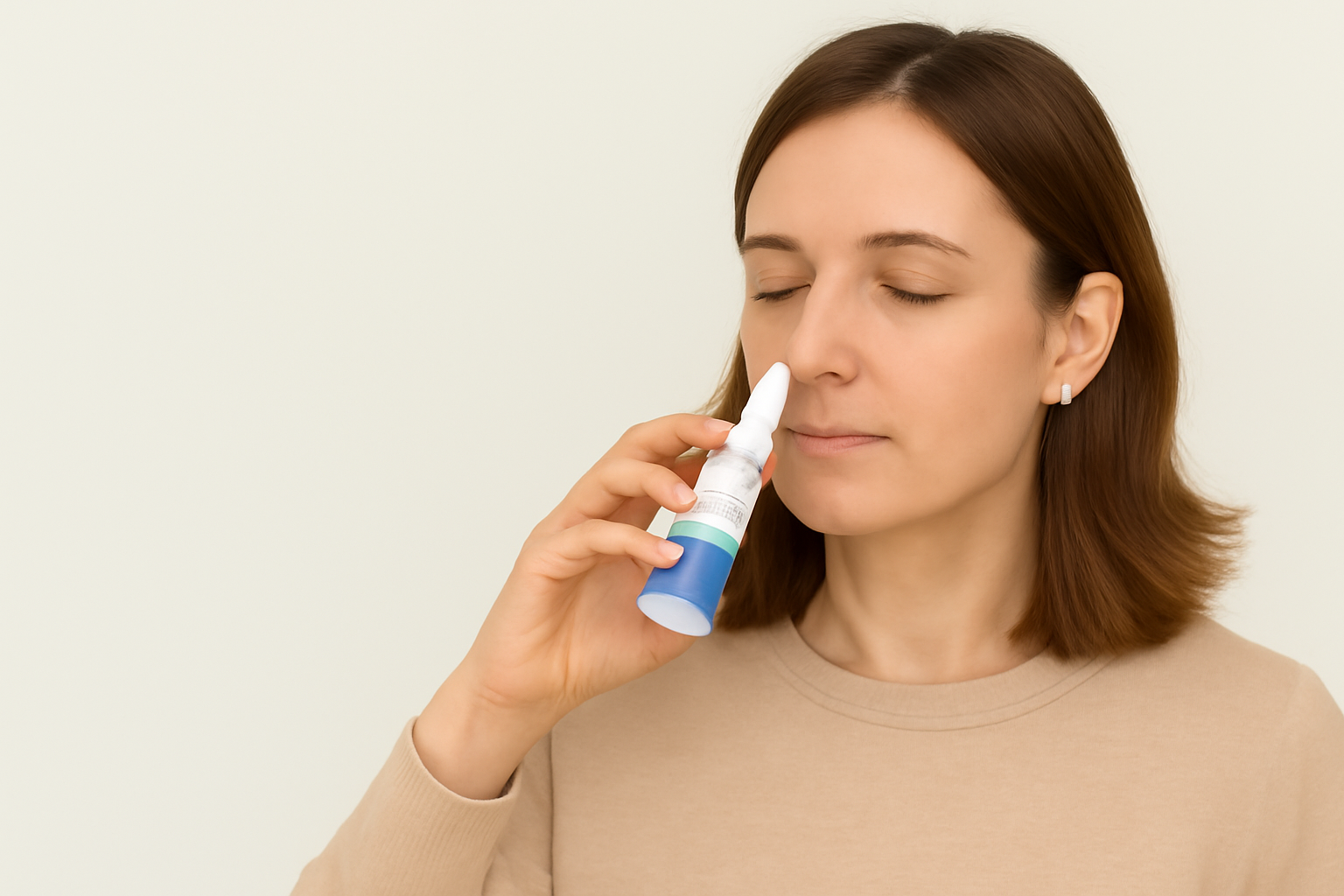What Is It?
Betadine Topical Spray is a 2.5% povidone-iodine dry powder spray used as a topical antiseptic for:
- Cuts, scrapes, and minor burns
- Wounds at risk of infection
- Post-surgical wound care
- Treatment sites after suturing
How to Use It
- Shake the can well
- Hold upright and spray from 15 cm away
- Apply enough to cover the area with the golden-brown iodine film
- Reapply if the color fades
- A dressing can be placed over the treated area if needed
Frequency: Once or multiple times daily, depending on severity
For newborns (under 6 months): Only after risk-benefit evaluation by a doctor
Special Warnings
Avoid using Betadine Spray in these situations:
- If allergic to iodine or any of the ingredients
- With thyroid diseases or hyperthyroidism
- During and after radioactive iodine therapy or thyroid scans
- On infants under 6 months without medical supervision
- In combination with mercury, octenidine, or certain enzymatic agents
Patients with goiter, thyroid nodules, or elderly individuals should avoid large-area or long-term use without monitoring thyroid function.
Side Effects
Rare to very rare side effects may include:
- Local skin reactions: itching, rash, redness, blisters
- Allergic reactions including angioedema and anaphylaxis
- Temporary hyperthyroidism in sensitive individuals
- Possible effects on kidney function if overused
- False-positive results in lab tests for glucose or blood
Note: Ingestion by infants can be dangerous; care should be taken to prevent contact with treated skin during breastfeeding.
Use During Pregnancy or Breastfeeding
- Should be used only when strictly necessary
- Monitor maternal and infant thyroid function if used
- Iodine crosses into the placenta and breast milk
- Avoid infant ingestion from skin contact
Overdose and Safety
Overdose symptoms may include:
- Nausea, vomiting, abdominal pain
- Breathing difficulties, kidney damage, or thyroid issues
- In severe cases, medical treatment may include gastric lavage and dialysis
Betadine Spray is not known to cause resistance, and is well tolerated on skin and wounds when used properly.
How It Works
Povidone-iodine works by slowly releasing free iodine, which attacks a broad range of pathogens:
- Gram-positive and Gram-negative bacteria
- Fungi like Candida
- Viruses including herpes and HIV
- Protozoa and spores
Its broad-spectrum action and low resistance risk make it a dependable antiseptic.
Storage and Packaging
- Store below 25°C
- Keep away from flames—contents are flammable
- Supplied in 30g or 80g aluminum spray cans
- Clean spills with warm water and soap, or ammonia if stained
Final Word
Betadine Topical Spray offers convenient, powerful antiseptic action for wound care, provided it’s used responsibly. Its safety and effectiveness are well documented, but care should be taken with thyroid-sensitive individuals, infants, and pregnant women.
Always follow official usage instructions and consult a doctor if you’re unsure about its use in specific medical conditions.



.png)


.png)